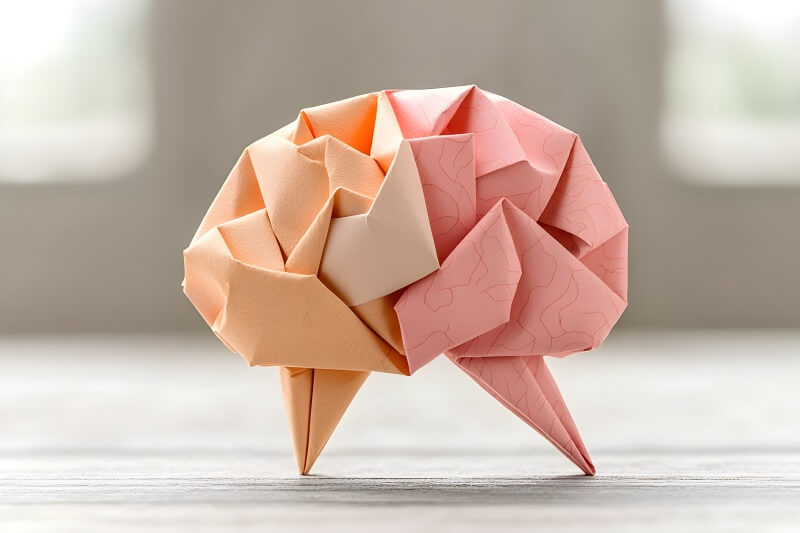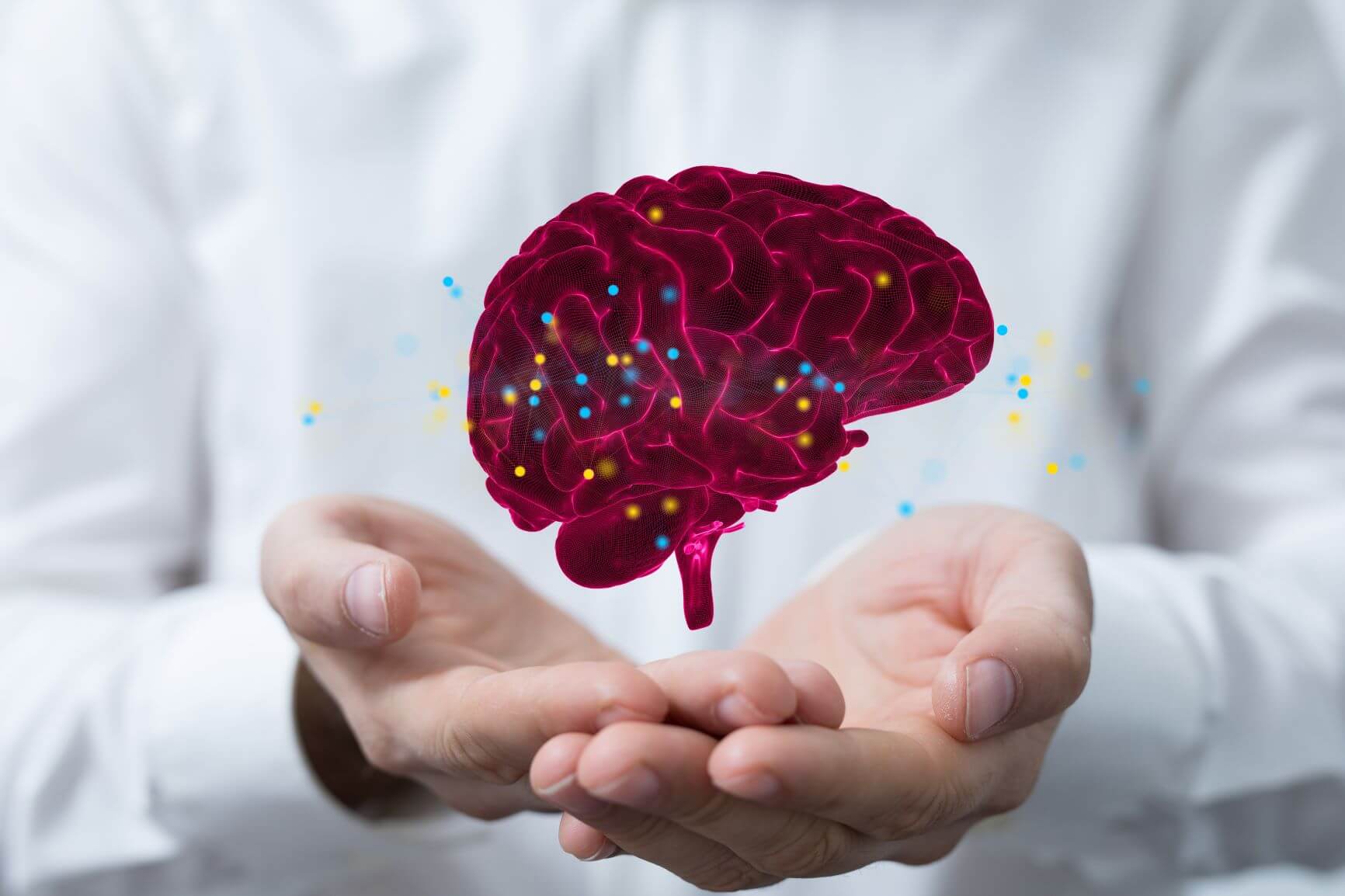Until recently, researchers have believed that the brain only develops during the childhood and adolescent years. The thought was that once we reach adulthood, the brain ceases to develop. Contrary to this belief, we have great news: Studies from the past decade have shown that the brain can change and it does so throughout our whole life. The brain can change connections and grow new neurons, it constantly adapts to ever-changing circumstances. Which is why it’s called ‘flexible’ when we talk about ‘brain plasticity’.
How does it work?
When we learn to think or behave in a different way than usual, we are basically paving a new path. The more we use this path the wider and stronger it gets. The brain will prefer this path and it will become easier and more natural for us. This action of road changing which is actually rewiring the brain is called brain plasticity or neuroplasticity.
The good news is that everybody can do it. If you ever changed a pattern of behavior, developed a new habit or began thinking in a new way, you caused a change in brain wires. This happens when we learn to play the piano, activating the fingers strengthens the brain connections between the fingers, which allows us to have better control of our fingers. We develop these changes in our brain whether we learn piano when we are 7, 17 or 67 years old. In today’s advanced technologies we can see the changes in the brain even after just a few hours of learning and practicing. This is exactly what brain flexibility or brain plasticity means. By changing our actions, we can make new brain connections and change our behavior.
The ability to change brain wiring on our own gives us a tool to improve our quality of life. People who persist in challenging tasks will, over time, develop new brain connections that will lead to an improvement in their abilities.
We are currently in the process of developing a computer game built specifically for this purpose: The game trains cognitive brain mechanisms that are important for memory. The game is based on neuropsychological studies and is developed together with leading researchers from the field. Our ability to set challenges for ourselves and persist with them opens the door to a new world — a world in which we are not limited by our brains and vice versa, and instead we can constantly expand the boundaries of our brains.










